Beat Burn-out
What is burn-out?
The definition of burn-out has changed quite a bit over the years. The World Health Organisation (WHO) defines it as “a syndrome conceptualized as resulting from chronic workplace stress that has not been successfully managed”. (1) Burn-out specifically refers to stress in your occupation, however the tips provided below can equally be used for other everyday stresses in our lives.
Burn-out is a condition characterized by mood changes, such as depressive symptoms, anxiety, and stress, however its symptoms are generally divided into 3 key areas:
Feelings of energy depletion or emotional exhaustion.
Increased mental distance from one’s job, or feelings of negativism or cynicism related to one's job.
Reduced professional efficacy. (2)
More and more people with varying occupations are experiencing or are at risk of experiencing burn-out and it is increasingly recognized as a major public health concern. Research has been done on the topic to discover the various associations between both eating behaviours and physical activity levels and burn-out, and their potential effects in reducing the risk of burn-out.
Did you know? Burnout has been previously associated with increased consumption of both sweet and fatty foods, and sugary and alcoholic drinks, as well as infrequent exercise. (3)
The following are our top tips to help avoid burnout:
Take your 15 – It’s important to find moments throughout the day to take a break to relieve the pressures and stresses that can often come with work. So why not TAKE 15 and grab a coffee with a colleague or friend?
Avoid skipping meals – Frequent consumption of ‘healthy’ foods has previously been found to reduce the risk of burn-out (4), so try fuel your body by eating more fruits and vegetables, oily fish, nuts and seeds, wholegrains, and lean proteins throughout the day.
Move For 30 - Follow the recommendations of getting 30 minutes of exercise per day – Being more sedentary has been found to increase the risk of burn-out in several studies. (5)
Aim to get at least 8 hours of sleep each night – Sleep deprivation and disruptive sleeping patterns have both been associated with an increased risk of burn-out (6), so as difficult as it can be to prioritise, try as best you can to get enough sleep every night!
Take more control of your work-load – Know your own limits when it comes to the number of tasks you can take on, and if you can, delegate to someone you trust. It could be helpful to prioritize which tasks need your immediate attention and put aside other tasks that are not as important.
Keep up other hobbies and passions outside of work – It’s important to have outlets in which we can use to break away from the tasks and the environment at work, which can oftentimes be stressful. This could include cooking, walking, reading, playing music, or whatever your heart desires!
On a similar note, improving relaxation time outside of work is crucial – If you haven’t already, why not give yoga, meditation, or other mindfulness practices a try?
Prioritise self-care – Whether it be taking a long shower, taking a powernap, or putting on a good facemask after work, why not try set aside 15-30 minutes to yourself, to give your body some time to relax and disconnect from the busyness experienced at work.
If you’re struggling, don’t be afraid to seek help from a professional. Click here to find some mental health resources that may be helpful!

